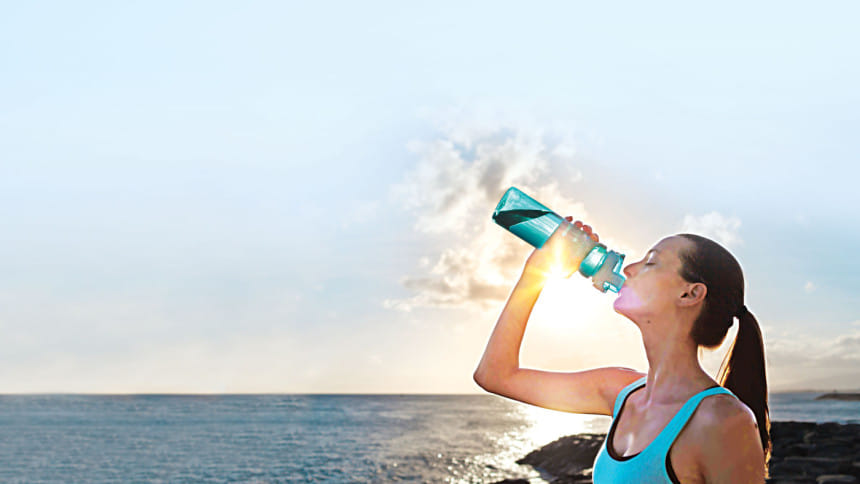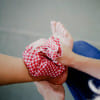Are you dehydrated?

Dehydration occurs when your body is unable to carry out its normal functions due to a lack of water and other fluids. It is a most prevalent issue that is mostly ignored until serious adverse outcomes occur.
A lot of people get sick, and some even die as a consequence of dehydration. It is estimated that one in nine people around the world does not have access to clean drinking water, and dehydration has taken the lives of 760,000 children in developing countries.
You will become dehydrated if you do not restore lost fluids. You lose water every day by sweating, breathing, urinating, defecating, crying, and saliva (spit). Drinking or eating water-rich meals usually restores lost fluids.
The human body is roughly 75 per cent water. Without this water, it cannot survive. Water is found inside cells, within blood vessels, and between cells. Water loss is increased by fever, Diarrhoea, vomiting, sweating a lot, a lot of peeing (Diabetes and some medications like water pills — also called diuretics — can make you pee more often.). Thirst is not always a good predictor of bodily water needs. Many people, especially older people, are not thirsty until dehydrated. So, drink more water in hot weather or while sick.
Dehydration symptoms vary with age. Dry mouth and tongue, no tears when sobbing, and no wet diapers for a long time are indicators of dehydration in infants and young children. Dehydration symptoms in adults include severe thirst, infrequent urination, dark urine, weariness, and dizziness. Symptoms of extreme dehydration include fast heartbeat, rapid breathing, fainting, tiredness, loss of energy, disorientation, and irritability.
People are more susceptible to dehydration than others:
• Senior citizens. Some people lose their thirst sense as they age, and as a result, they do not drink enough water.
• Infants and young children are more prone to suffer from diarrhoea or vomiting.
• People who have chronic conditions that cause them to urinate or sweat more frequently, such as diabetes, cystic fibrosis, or renal disease
• People who take medications that induce them to urinate or sweat more frequently
• People who exercise or work outside in hot weather
The key to combating dehydration is to drink enough fluids:
• Every day, drink plenty of water. Because everyone's needs vary, see your doctor about how much water you should drink each day.
• When the weather is hot or you are unwell, drink more water.
• Sports drinks might be beneficial if you are exercising in the heat and sweating a lot of minerals.
• Avoid sugary and caffeinated beverages.
For most healthy people, following your thirst is a good daily guideline.
Dr Nazif Mahbub is a Research & Policy Analyst, Centre for Research, Innovation and Development Action (CRIDA) and MPH (Health Policy & Management) candidate, University of Alberta.

 For all latest news, follow The Daily Star's Google News channel.
For all latest news, follow The Daily Star's Google News channel. 








Comments